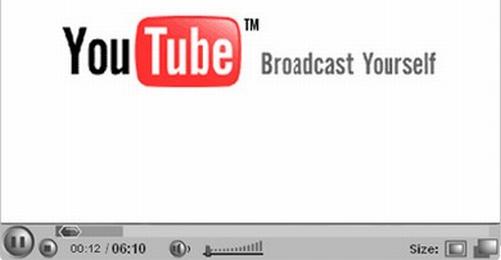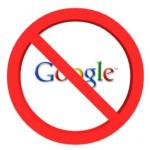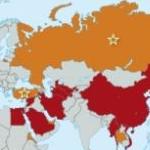The Internet Technology Association (INETD) applied to the European Court of Human Rights (ECHR), objecting to the decision to block youtube.com in Turkey. Access has been banned to the global video sharing site for 19 months now since 5 May 2008.
INETD president Mustafa Akgül announced that INETD filed the complaint "on behalf of the ones harmed by the ban and on behalf of the entire country". Akgül claimed that the ban is "against the law and contrary to the public interest".
Akgül explained that since domestic remedies have been exhausted, they had to apply to the ECHR. He stated that the access ban violates the constitution, the principles of globalism and the European Convention of Human Rights.
"Access ban remained in force without a trial"
Access to youtube was banned in Turkey by a decision of the Ankara 1st Magistrate Criminal Court because of 10 videos containing insults against Atatürk, the founder of modern Turkey. The court based its decision on law No. 5651 regarding Crimes constituted via the Internet. In his petition to the ECHR lawyer Nihad Karslı states, "Some of the videos subject to the decision have been removed from the site by youtube. For other videos only access from Turkey has been blocked. During this time there was no prosecution, no case has been opened, no defence has been taken. The preliminary injunction was not renewed as it was supposed to be".
Karslı had objected to the decision of the Ankara 1st Magistrate Criminal Court in order to lift the ban. However, his objection was rejected. Karlı objected again to the rejection to the Ankara 27th High Criminal Court. He was declined once more because "the objection was not filed within the first week after the decision". Thus, the only option left was to apply to the ECHR, Karslı explained.
"Ban also confines freedom of association"
"This means that no global internet user has the right to create a social network or reach foreign companies or non-governmental organizations, i.e. individuals and institutions in Turkey. His or her freedom of choice is restricted by this."
In the context of all dimensions of internet life, a restriction imposed on the internet is first of all a restriction imposed on the freedom of communication. As a natural consequence and as mentioned above, this is not only a restriction of a fair trial and of freedom of education, but furthermore a restriction of freedoms such as personal development, doing business and entertainment. Nowadays, the internet is an environment for meeting and organizing. Political parties and non-governmental organizations use the internet to communicate. Beyond that, they are using the internet as an environment for political activities, for public feedback and for promoting themselves. (...) Blocking a site means to restrict the freedom of association for non-governmental and political actors. As INETD we got our share of the restriction".
Besides a violation of the right to freedom of expression and to a fair trial, the application also emphasizes a violation of article 11 of the European Convention of Human Rights regarding the right on "freedom of assembly and association". (EÖ/VK)

















